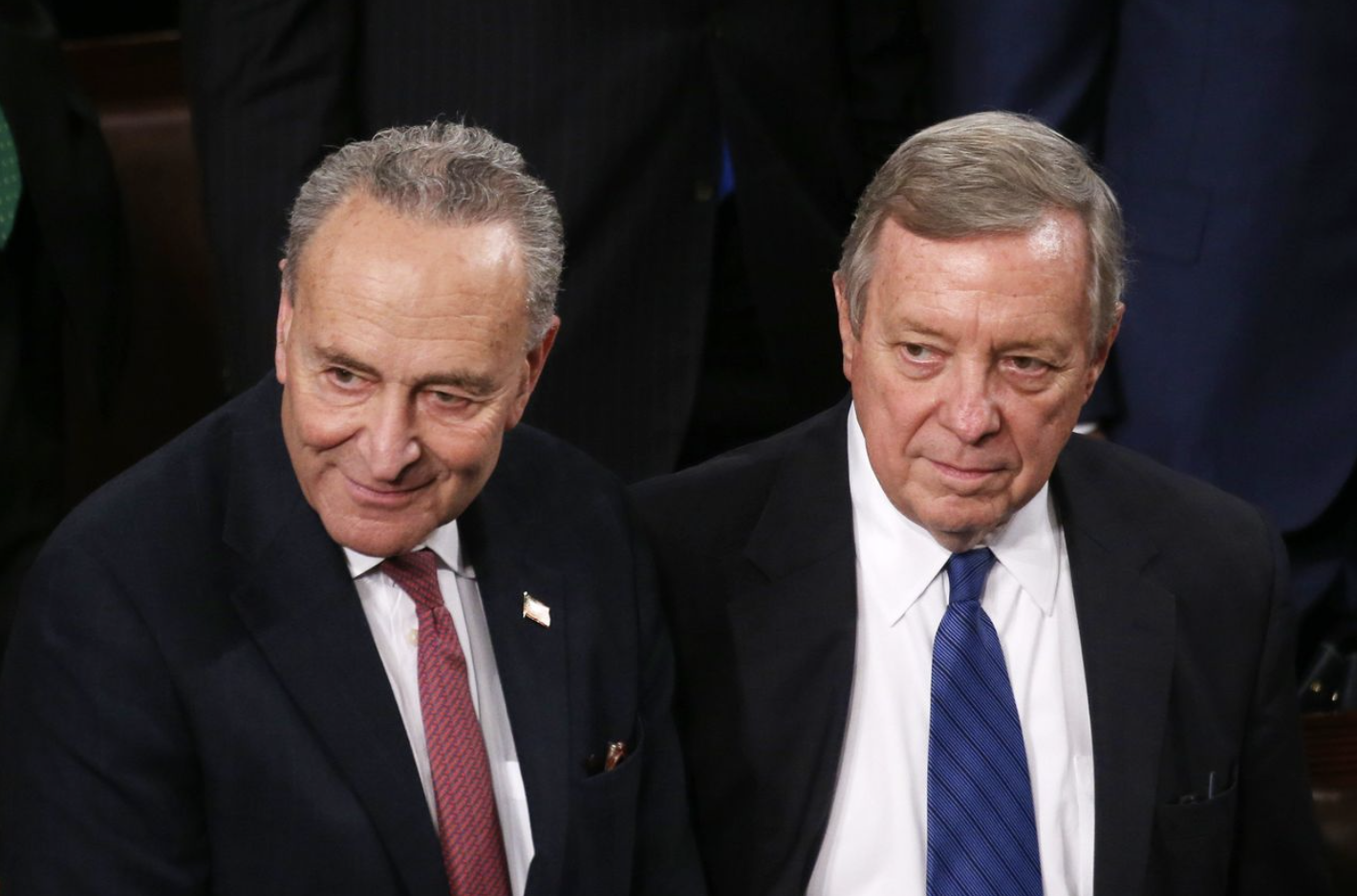By: The Editorial Board – wsj.com – December 25, 2020
The CRA lets lawmakers nix regulations published in the previous 60 legislative days, with a similar “lookback” period for a new Congress. That review window moves: Whenever lawmakers dither in D.C., the CRA review period for their successors gets later on the calendar. Judging by Congress’s schedules, analysts thought new rules from the Trump Administration might be at risk beginning as early as May.
That would put in jeopardy some big items on Mr. Trump’s agenda. This summer the Administration finished overhauling environmental reviews, the goal being to prevent endless projects like Denver’s 13-year study of a 12-mile road expansion. That deregulation will be crucial for the success of any big infrastructure bill. But the new rule wasn’t finished until July 16, and at the time it seemed within the CRA’s window.
Legislative dysfunction to the rescue: Congress later added days to its session as it worked toward a scrupulous agreement—that’s a joke—on this week’s 5,593-page omnibus to fund the government, provide Covid relief, create new Smithsonian museums, and Make Business Lunches Great Again. Now the CRA’s review period in 2021 might not reach back further than August, although the precise window won’t be clear until lawmakers deal with Mr. Trump’s veto threat.
Plenty is still at risk, including the new rules the Trump Administration might finish before the inaugural oath is delivered on Jan. 20. The Labor Department recently adopted a rule saying retirement-plan fiduciaries must pick investments “solely on financial considerations,” meaning no settling for lower returns in exchange for fewer carbon emissions.
The Comptroller of the Currency is working to finalize a rule to prevent banks from being pressured into cutting off unpopular customers, such as oil companies or gun manufacturers. The Energy Department created a new product class in October for dishwashers with a normal cycle of 60 minutes or less.
The Securities and Exchange Commission adopted a rule that raises the thresholds for shareholder proposals, so activists can’t buy a small stake in a company and then hound its management with unpopular political demands. If Democrats get a chance to swing the CRA’s ax, they’ll take a whack at these and anything any agency has done lately.
Denying Democrats the CRA won’t necessarily save Mr. Trump’s deregulation in the long run, since Joe Biden’s policy gnomes can still do the hard work of reregulating via the normal process. But that would eat up the Administration’s time and attention, which is why the CRA’s fast-track process is so attractive. Once a rule is killed under the CRA, the issuing agency is barred from considering anything “substantially the same” in the future.
Much hangs on Georgia’s two Senate runoffs, and perhaps deregulation seems small next to Mr. Biden’s trillion-dollar spending ambitions. But if his party gets to wield the CRA, it would give Democrats a huge head start in reversing Mr. Trump’s successes, while writing their policy preferences into the regulatory books for a long time to come.
To see this article and subscribe to other’s like it choose read more.
 Listen Online
Listen Online Watch Online
Watch Online Find a Station in Your Area
Find a Station in Your Area










 Listen Now
Listen Now Watch Online
Watch Online
